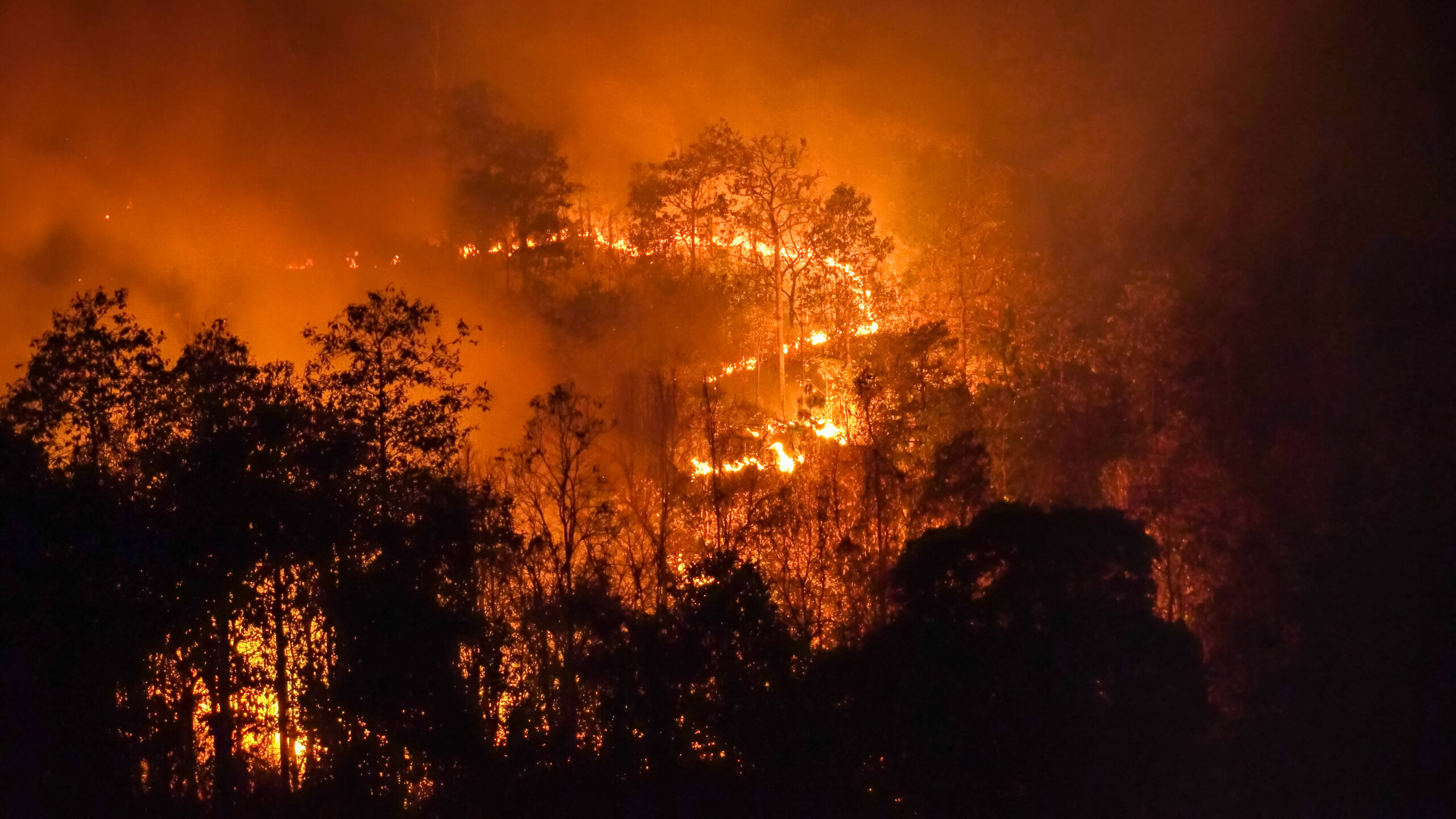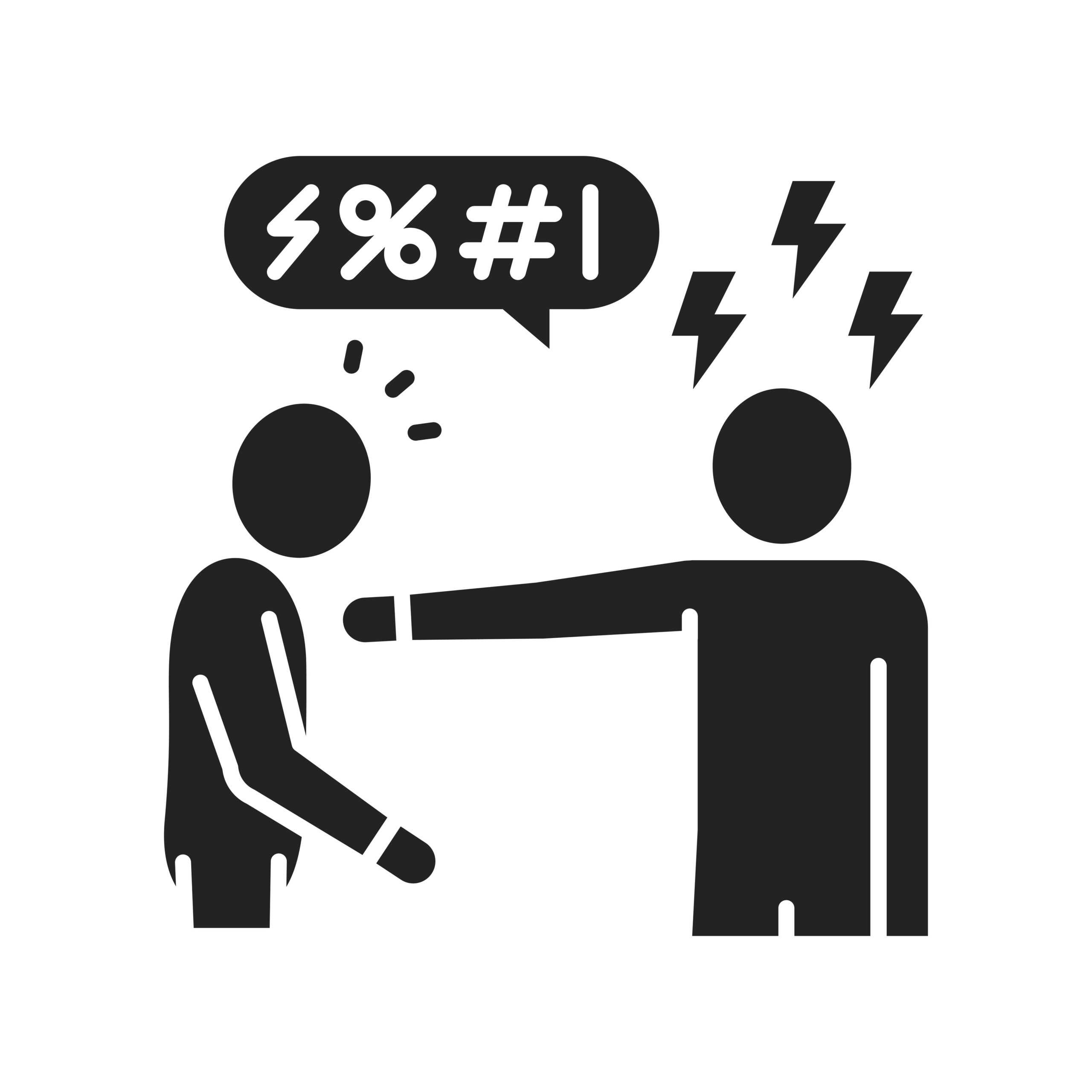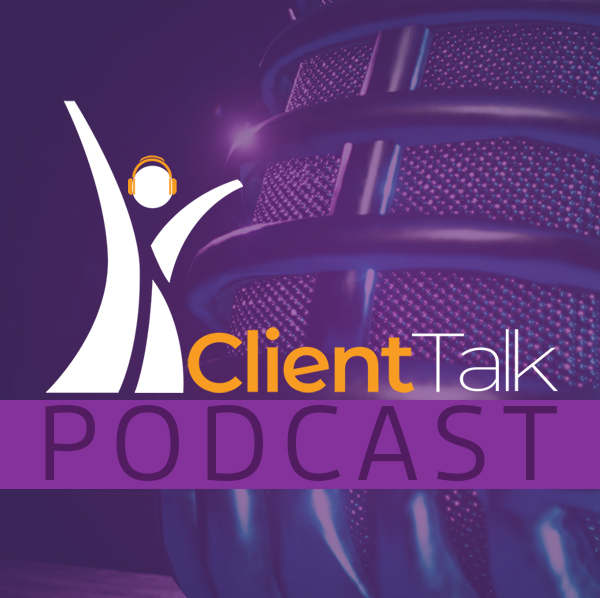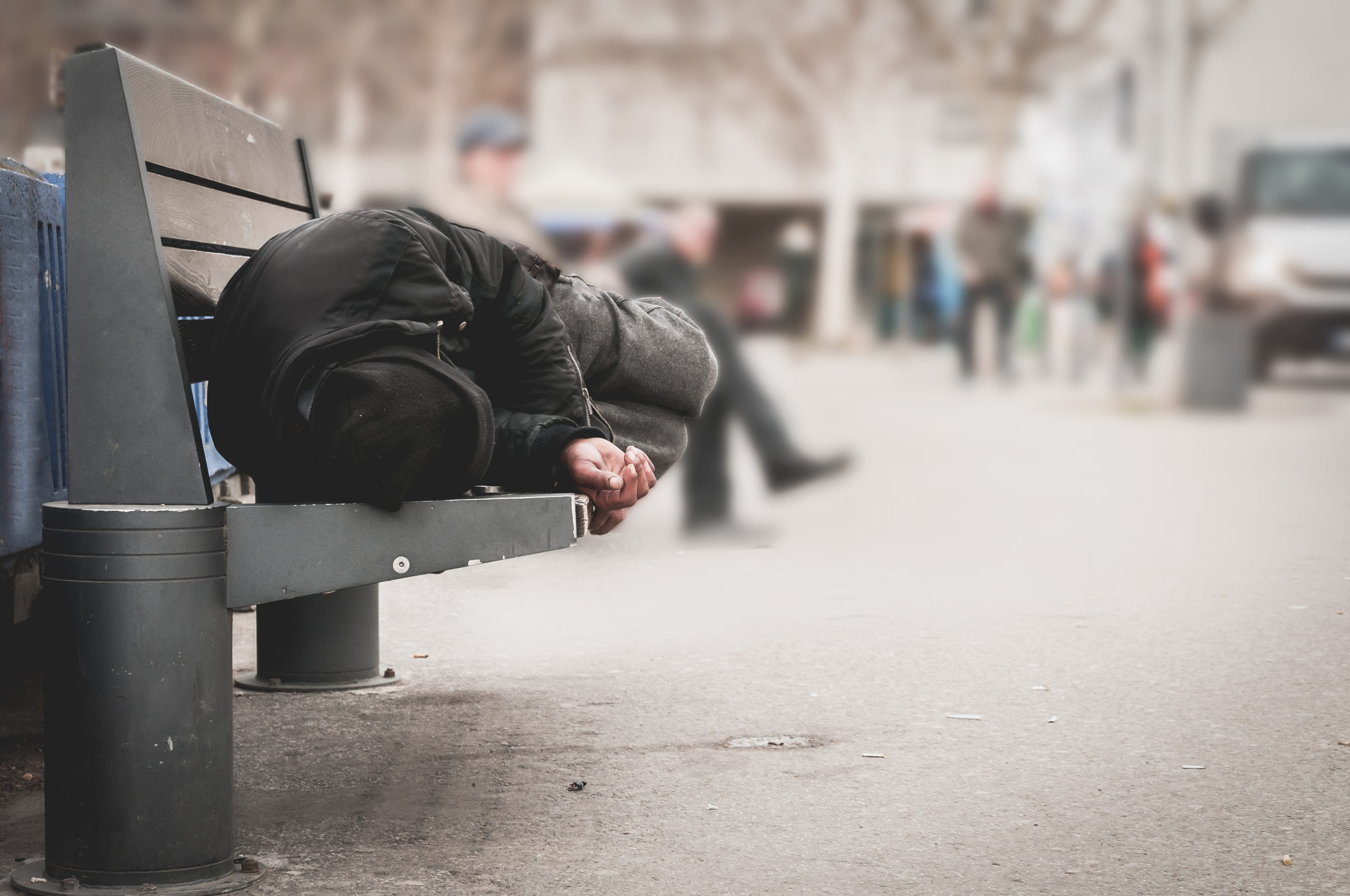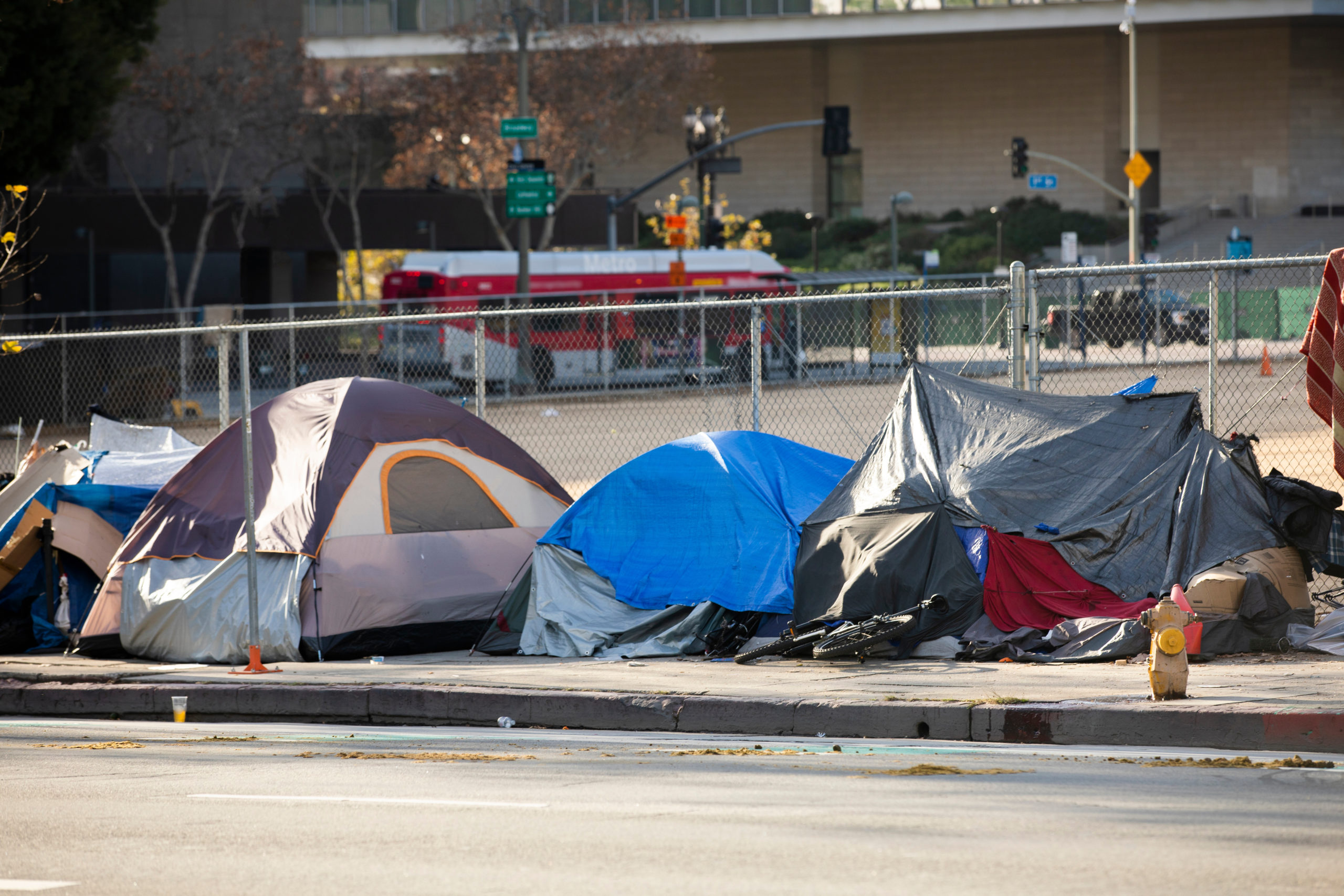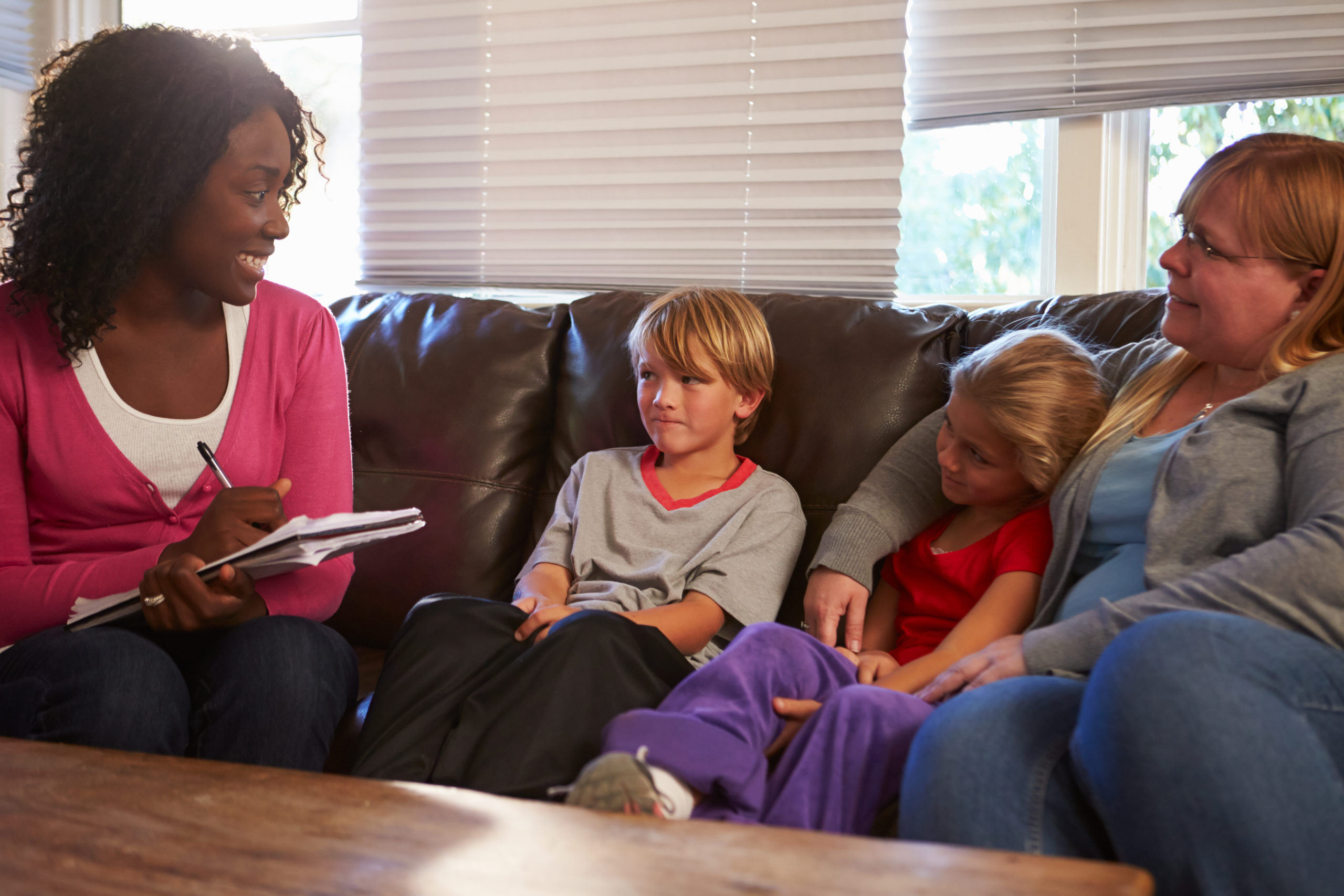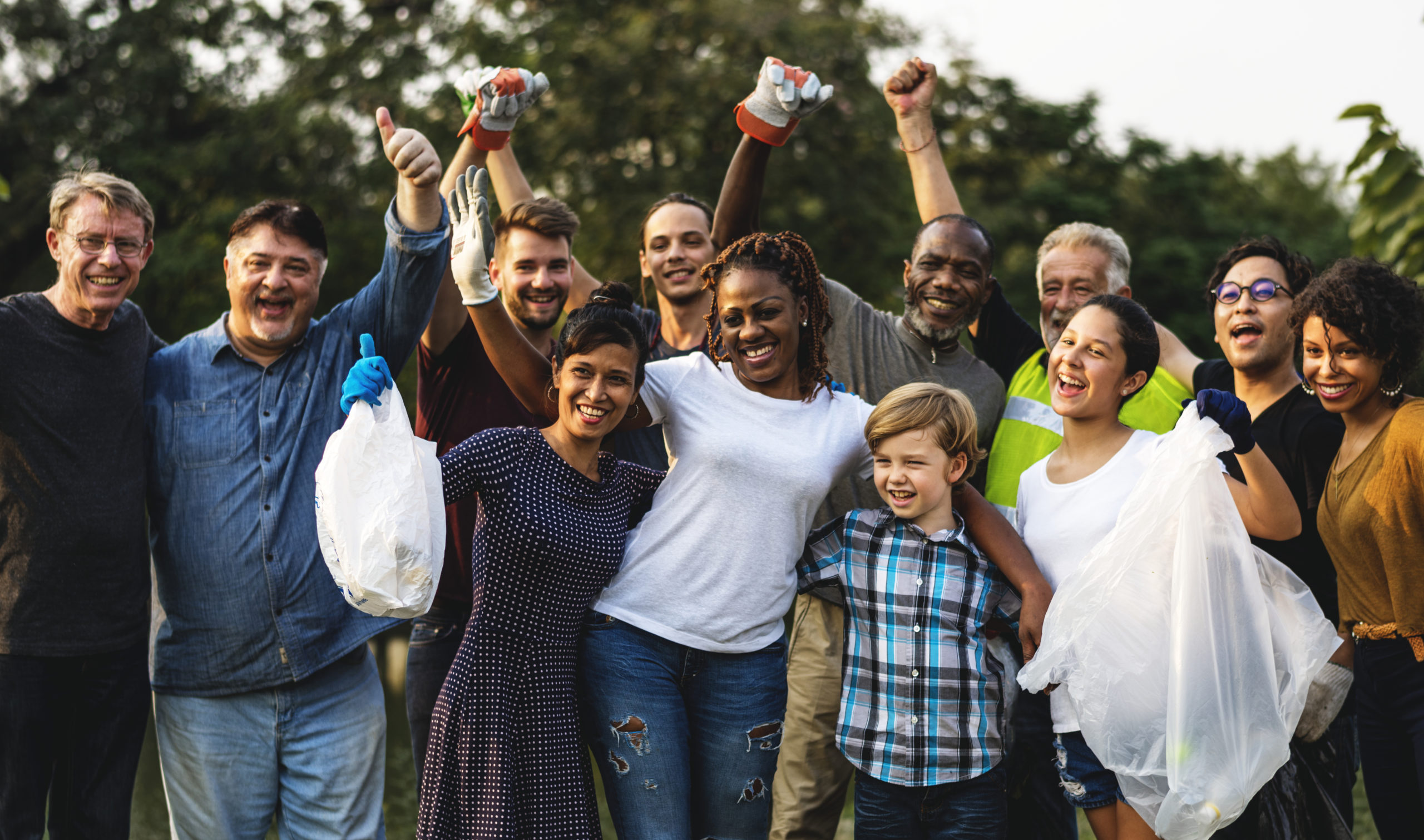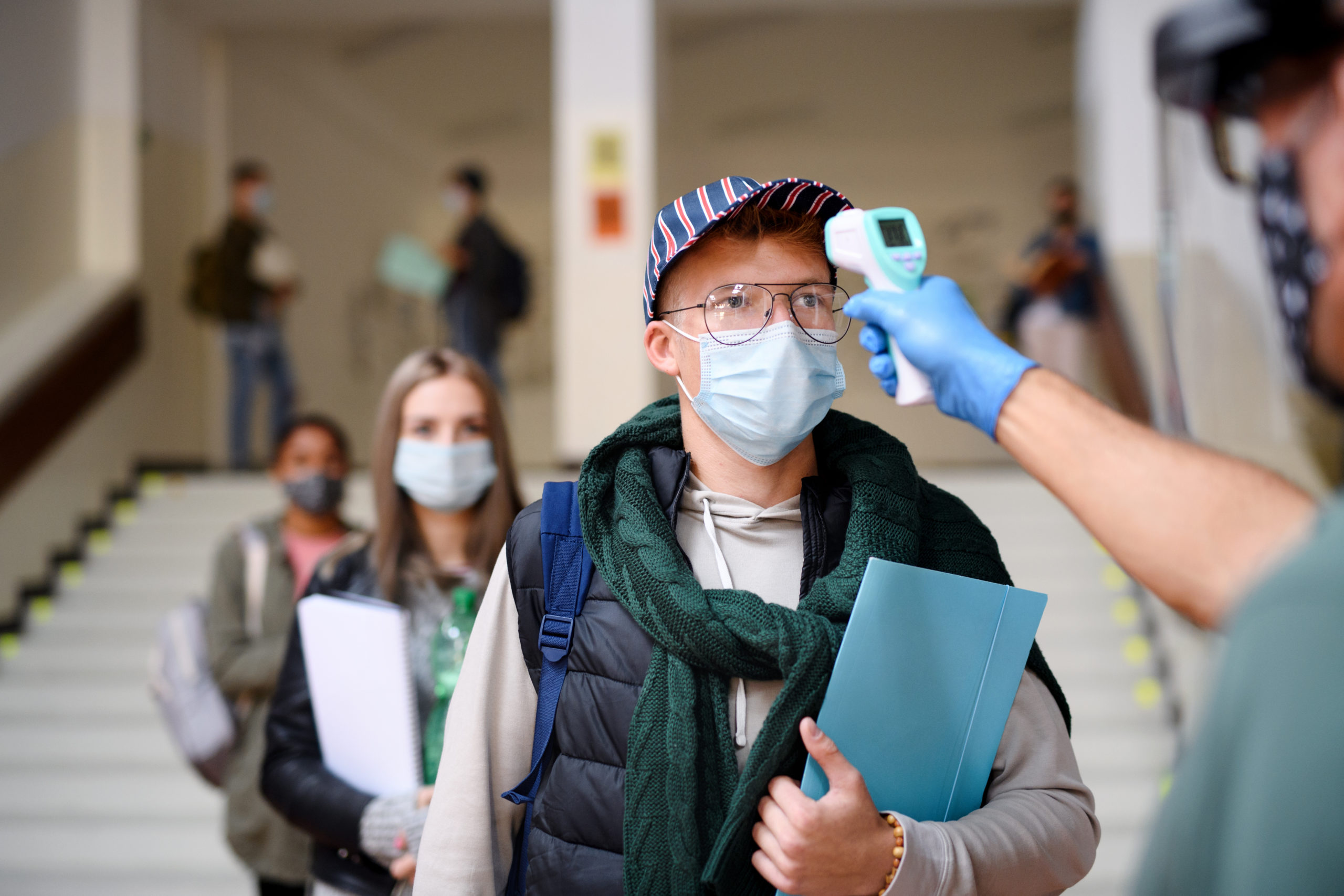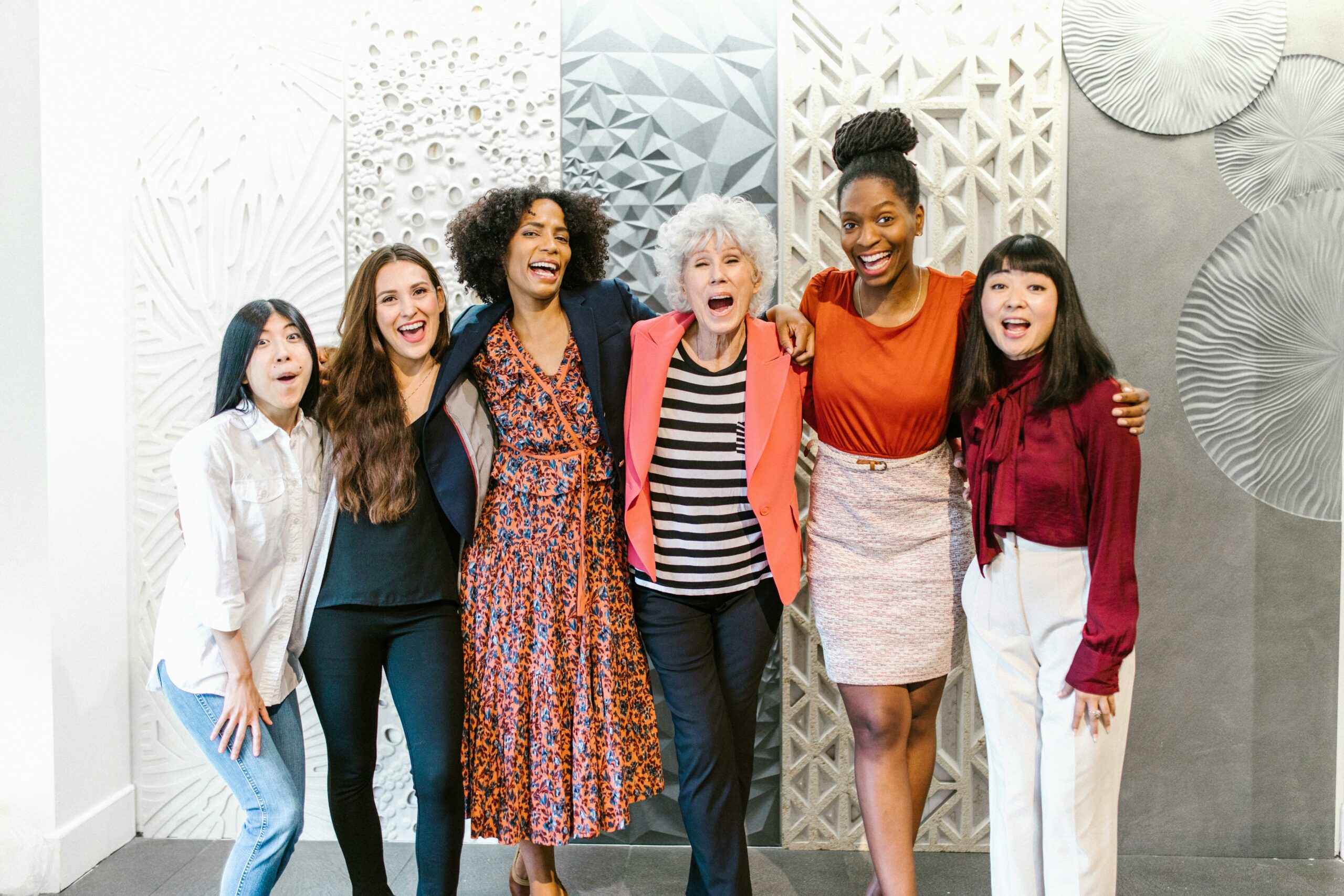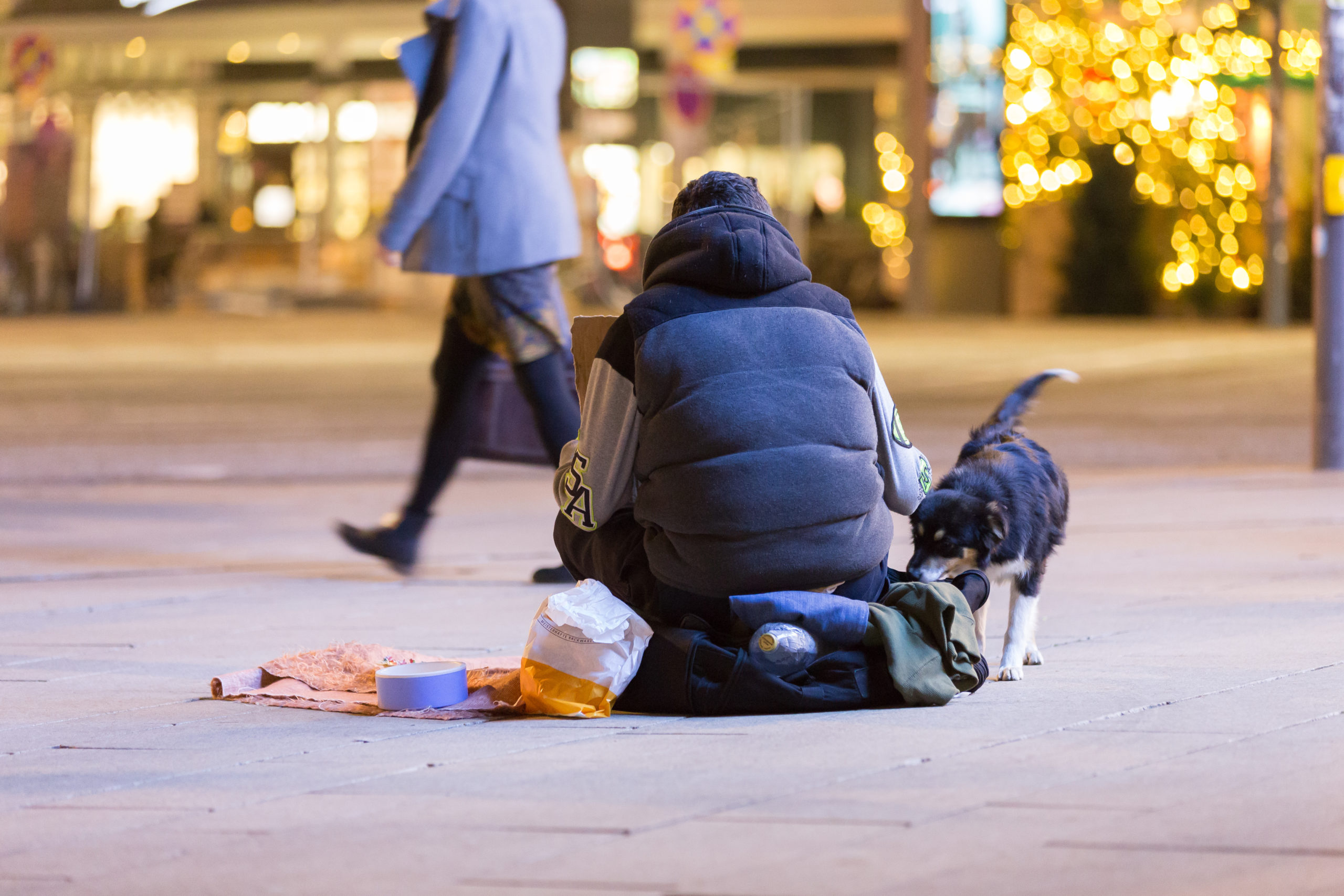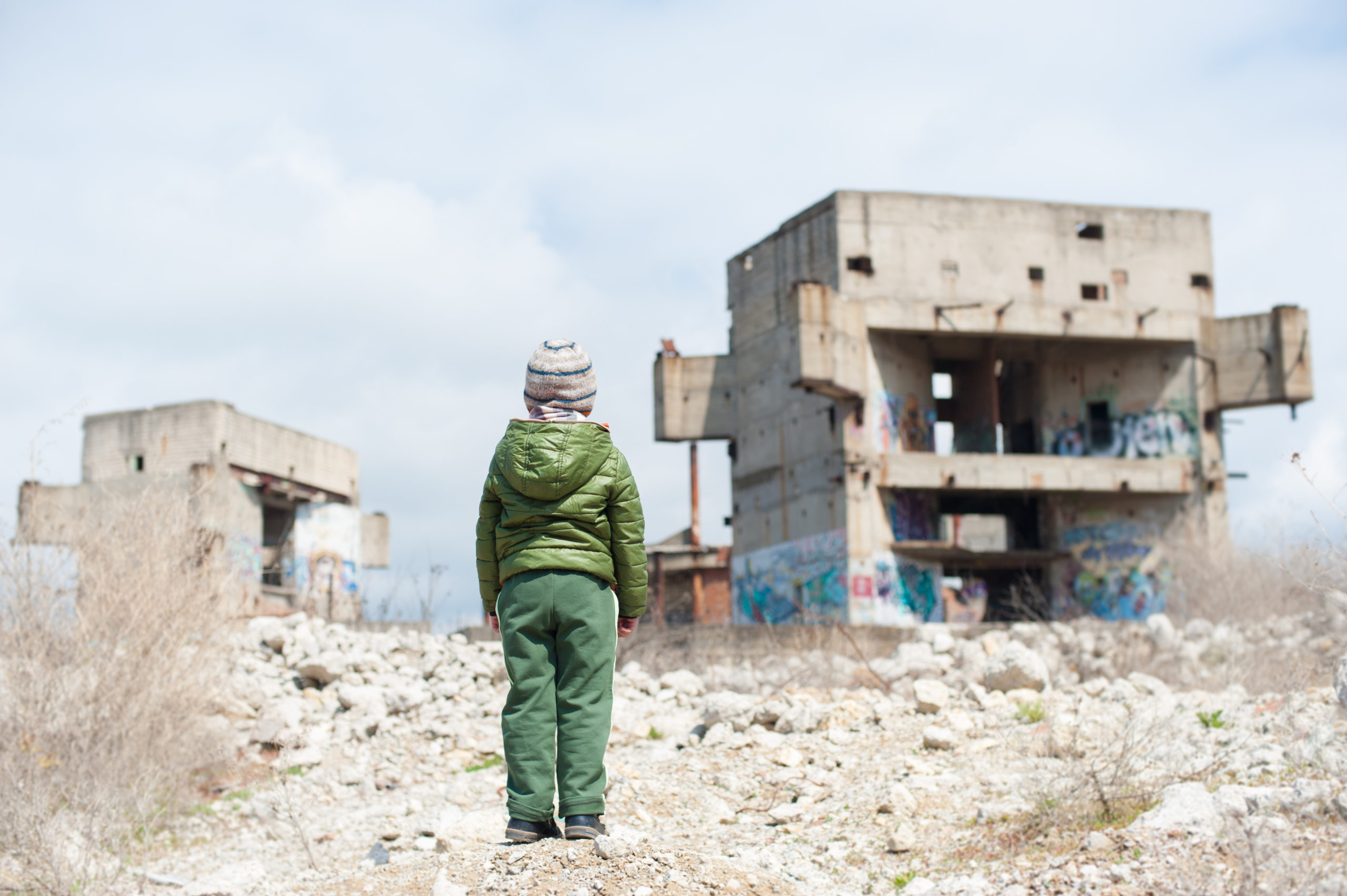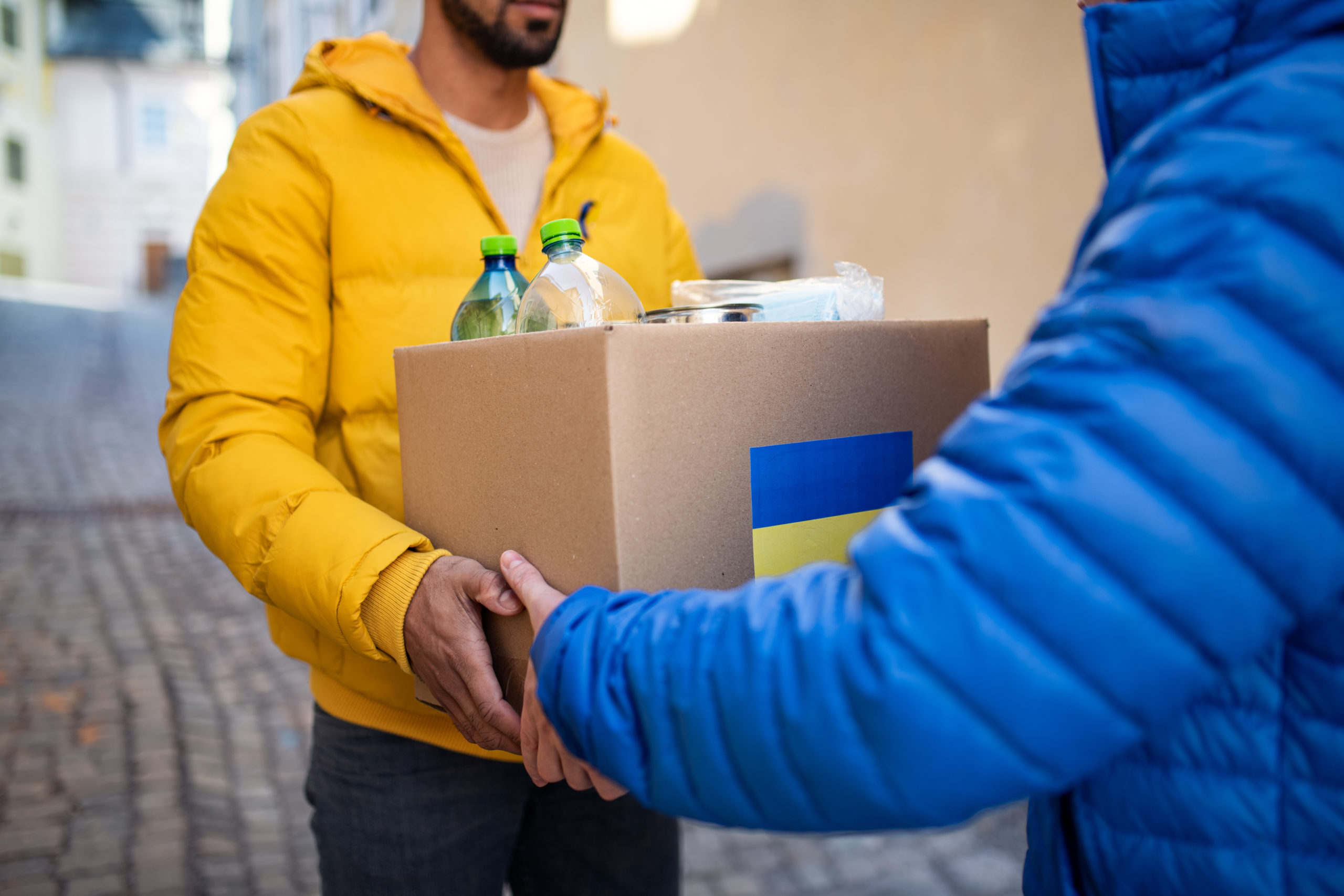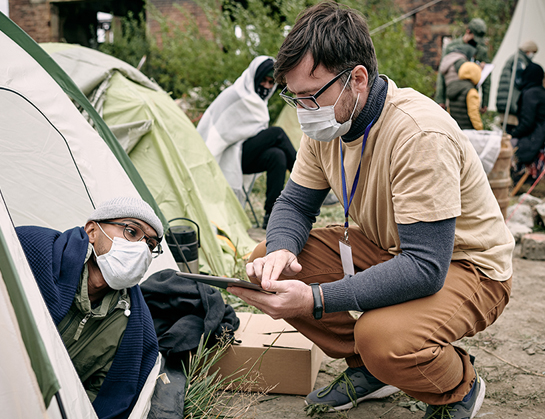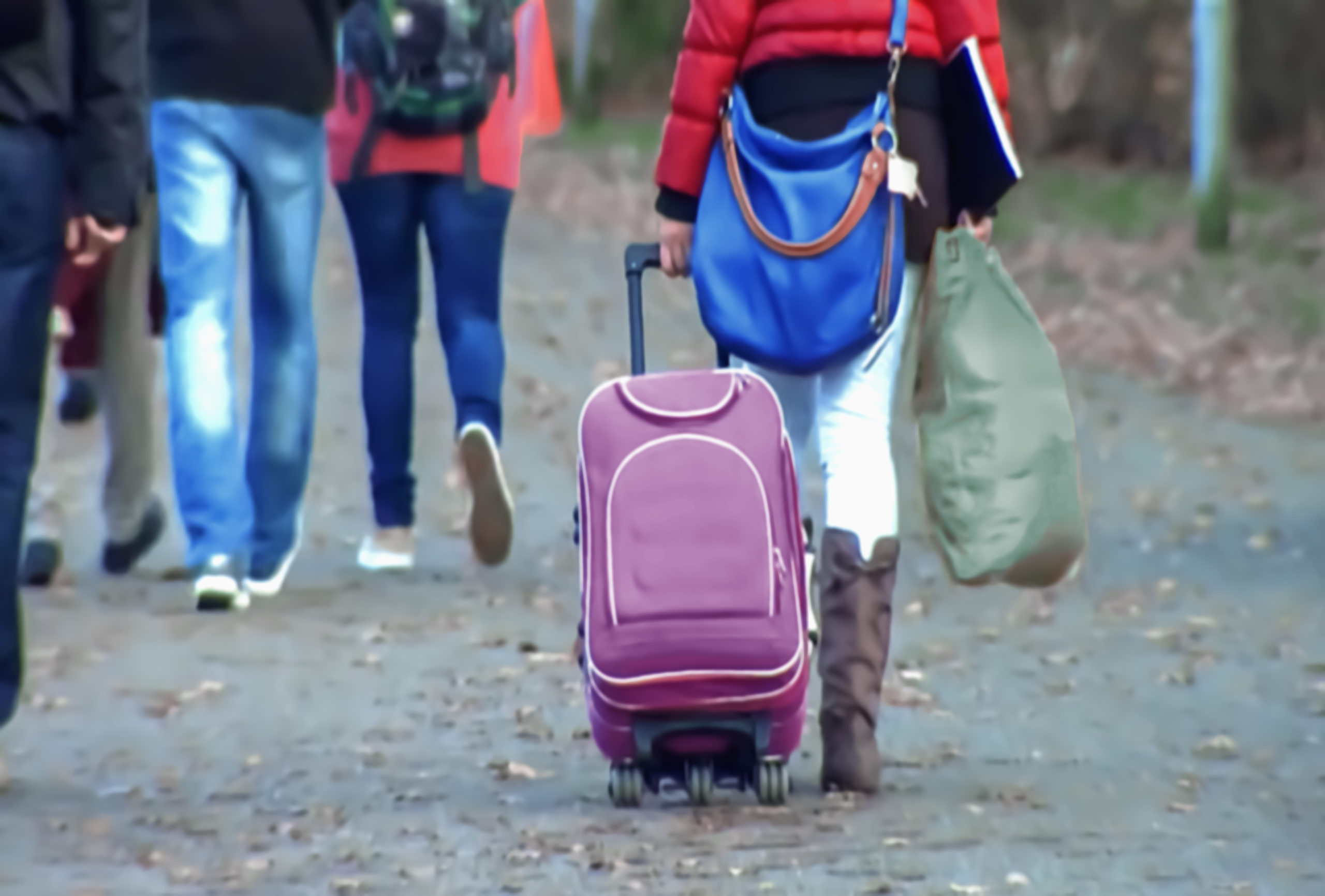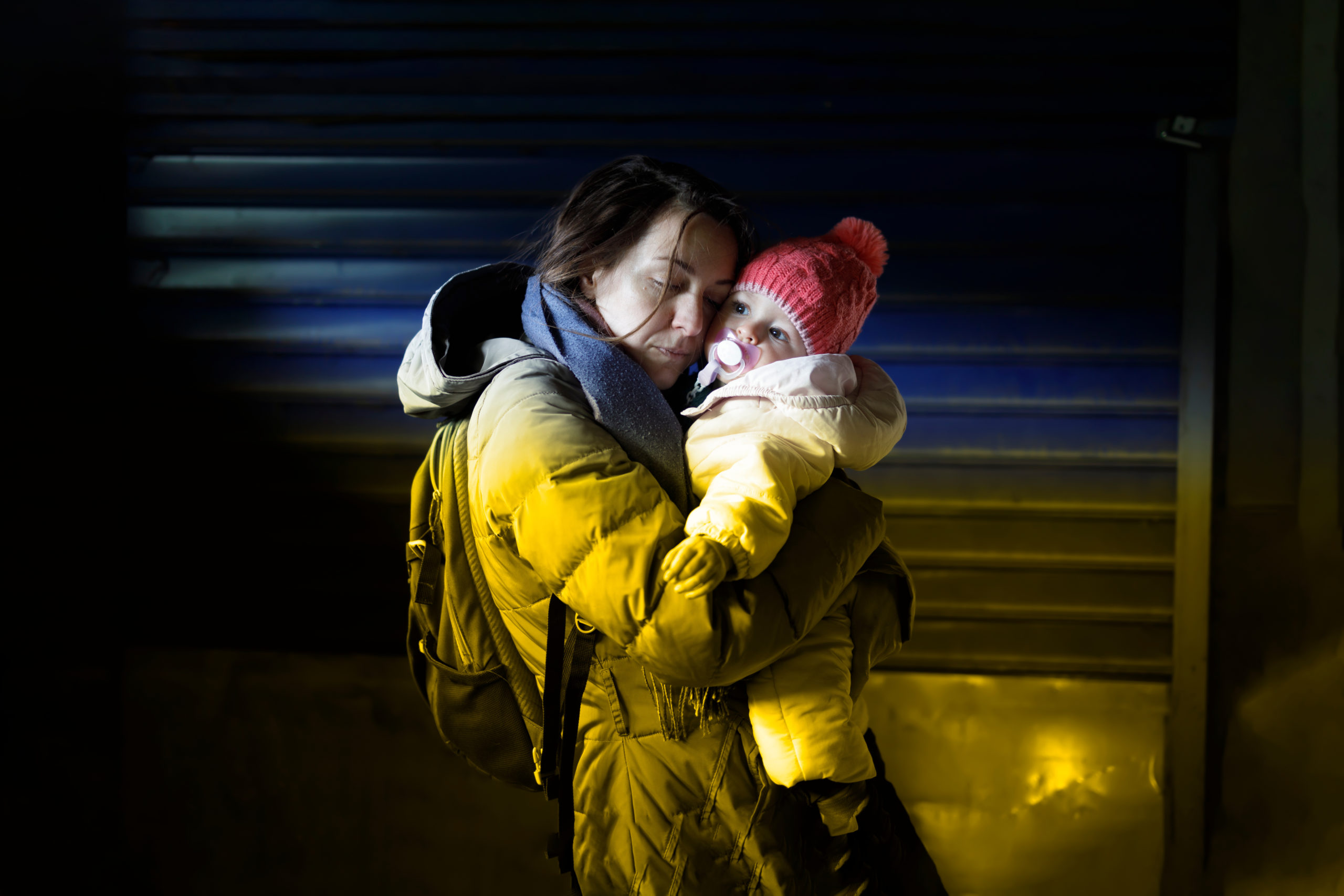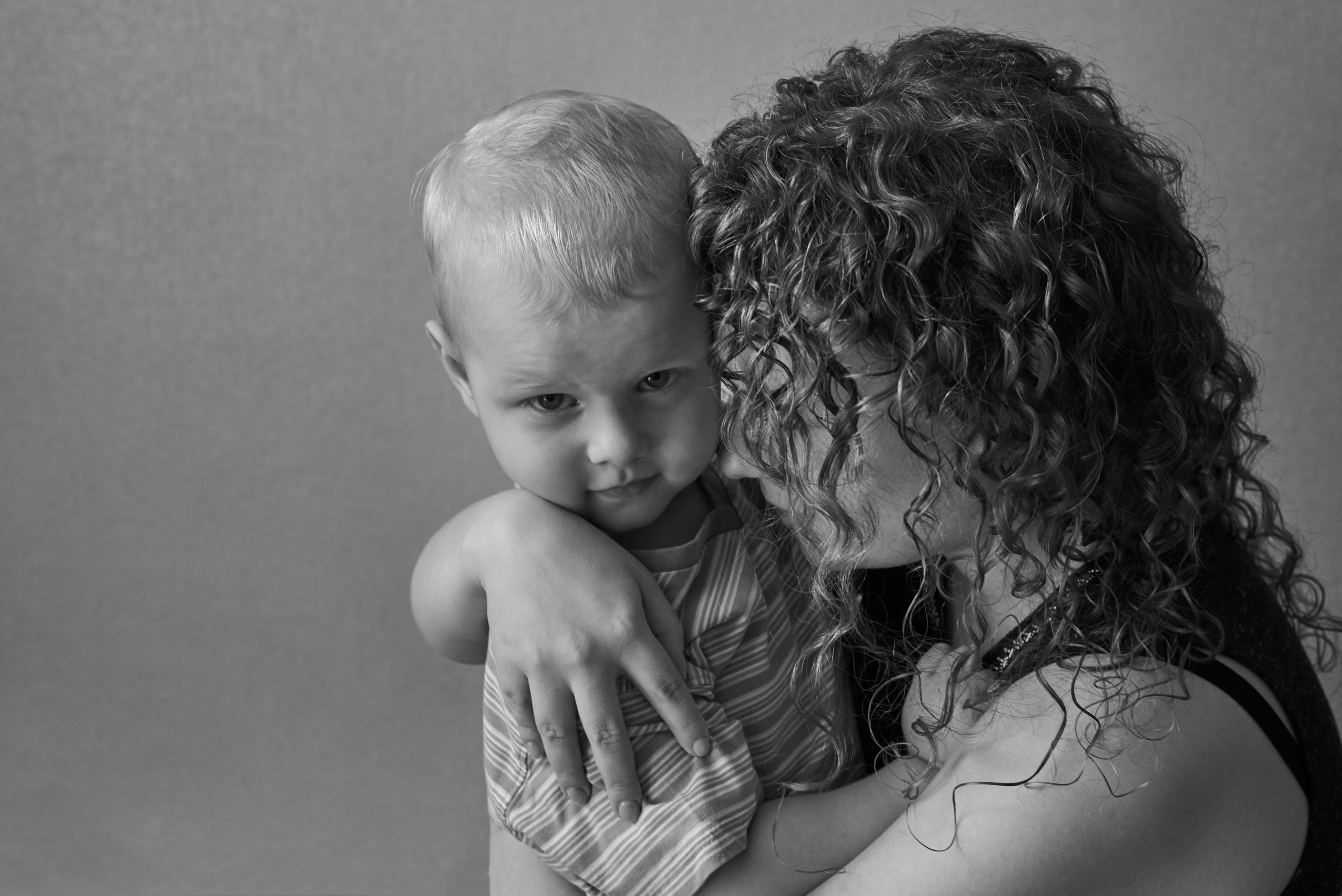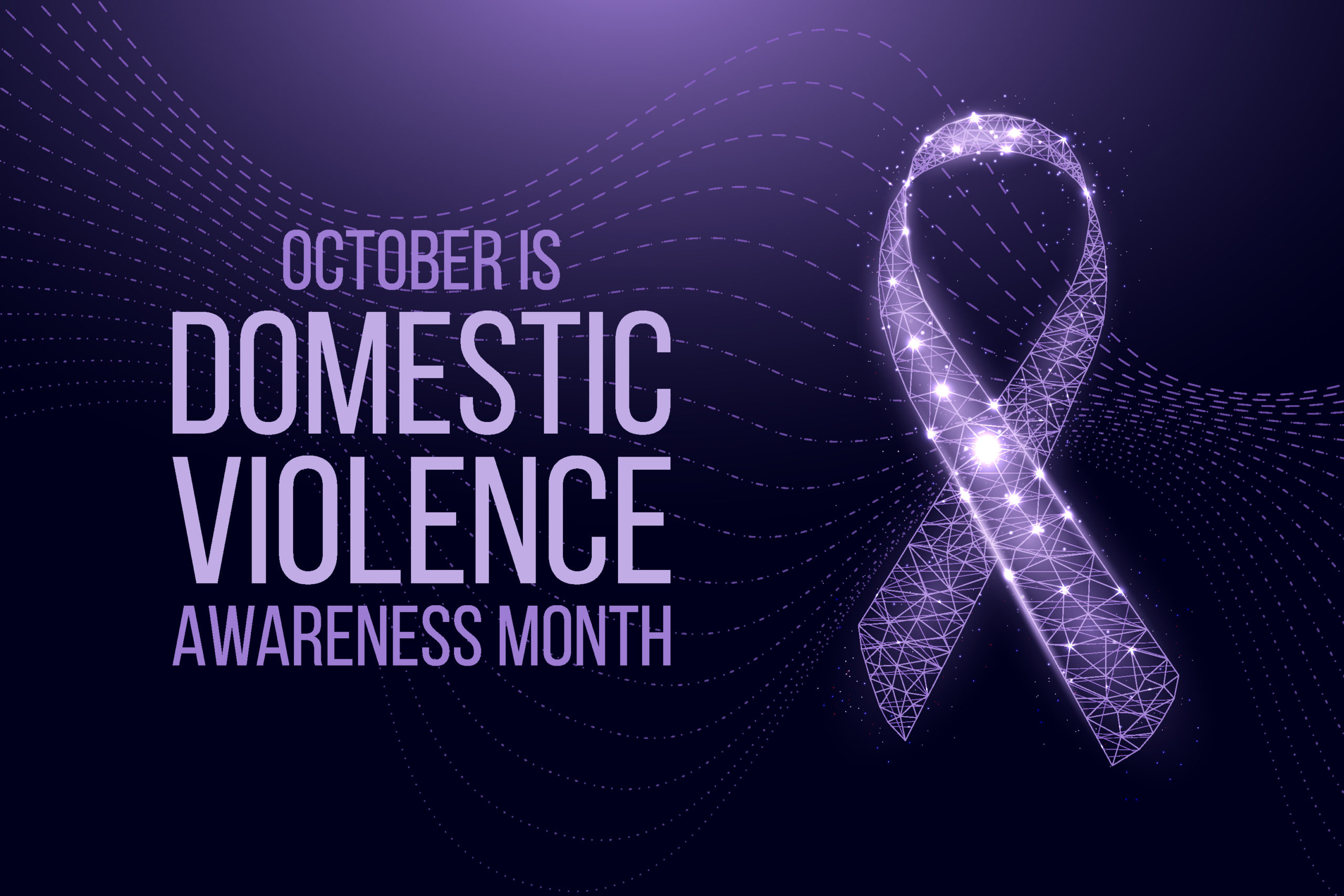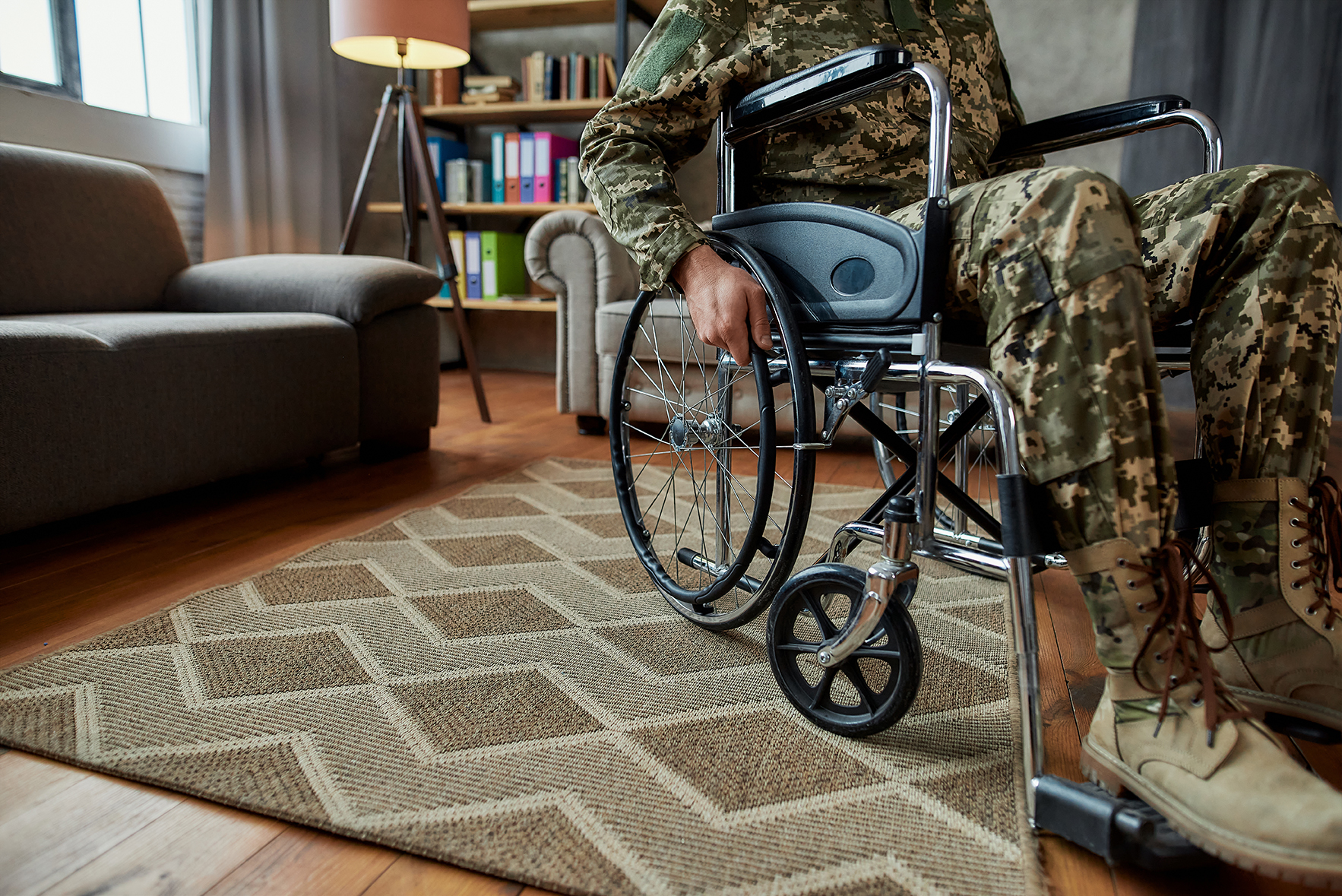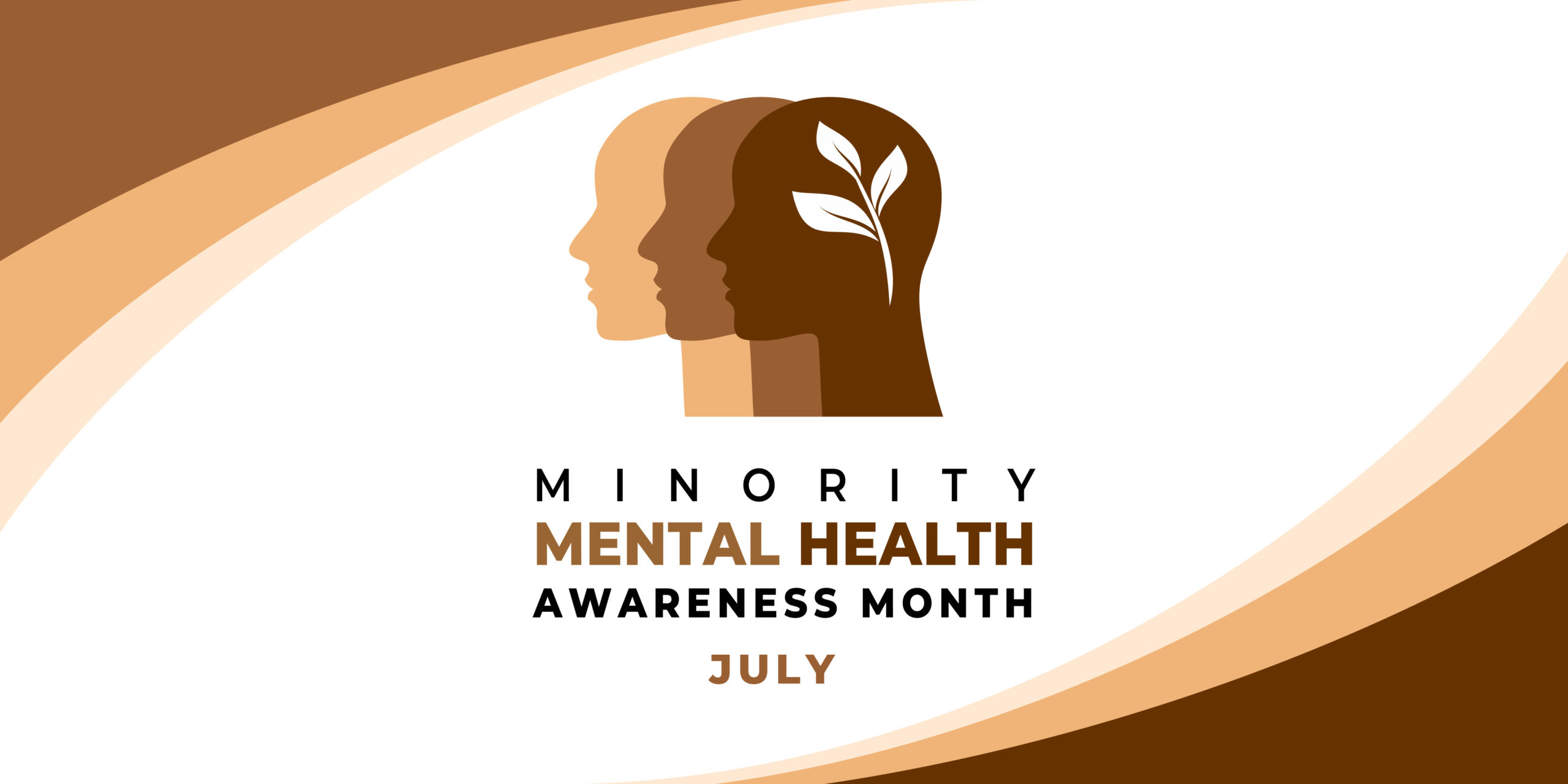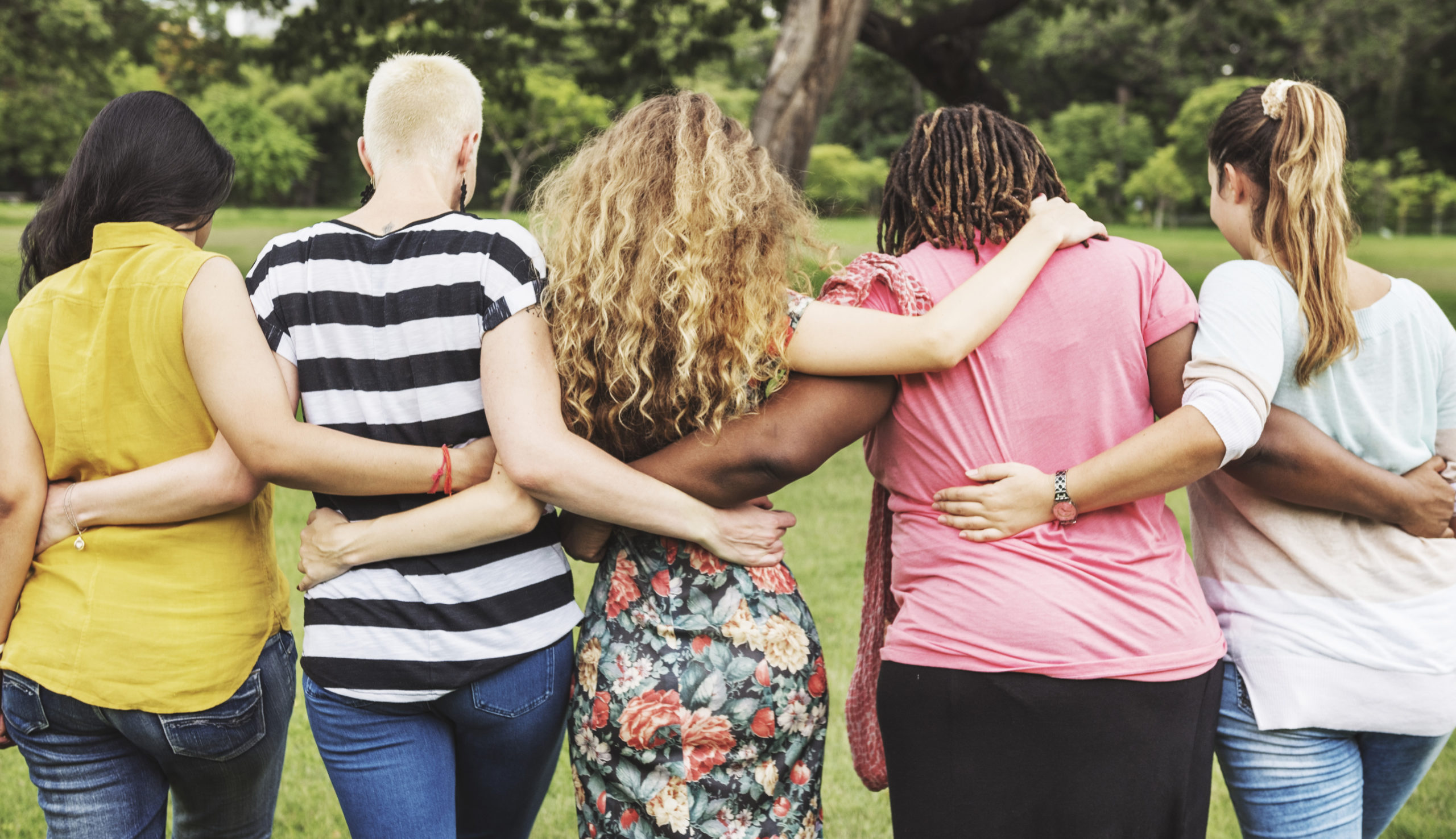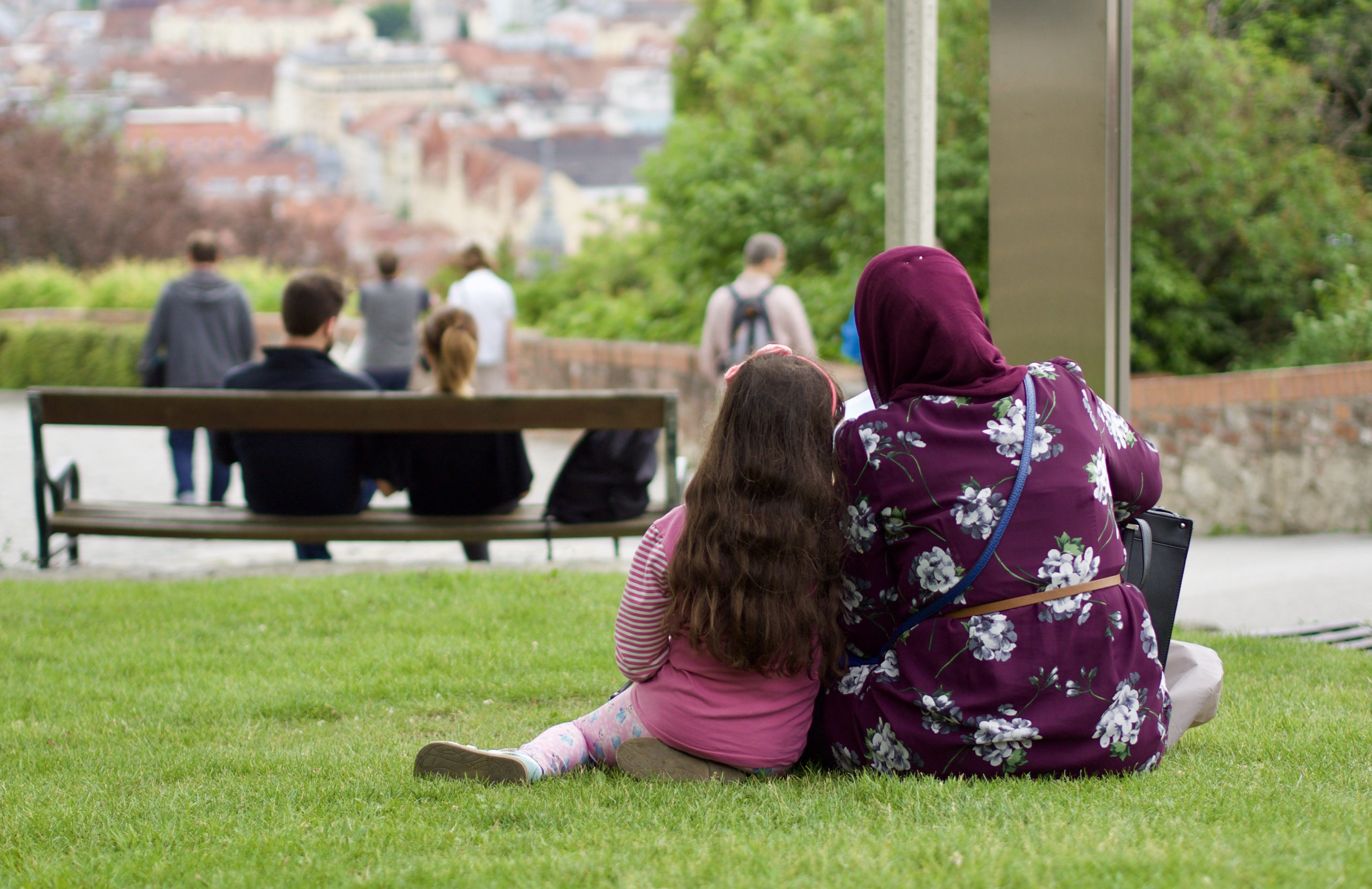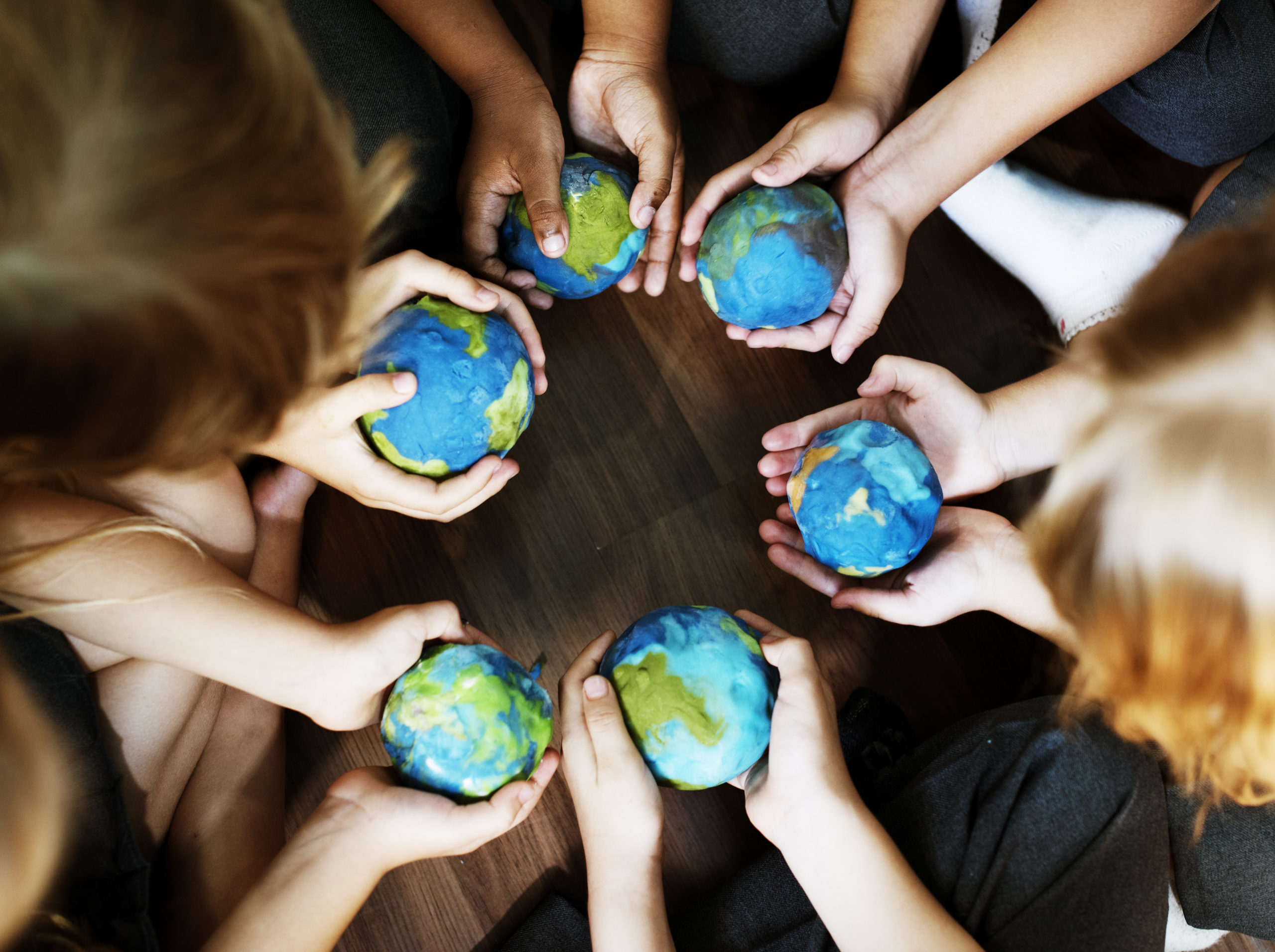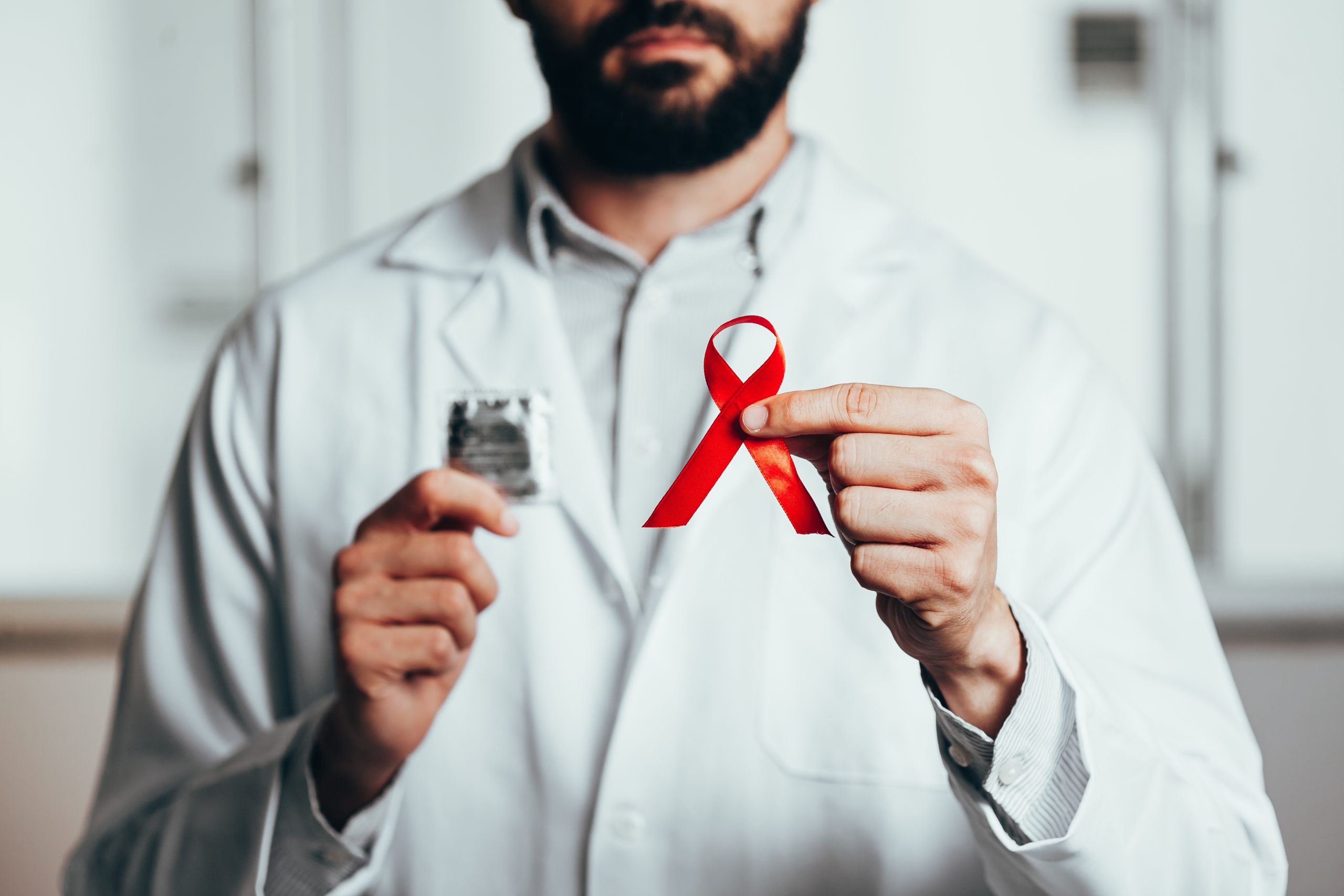Recent Posts
February is Teen Dating Violence Awareness Month. Learn how to get involved and promote healthy, respectful relationships for teenagers, and how learning how to identify warning signs of abuse can […]
•
February 1, 2024
ClientConnect 2023, our inaugural peer-to-peer conference for human services organizations, was a resounding success! But if you missed out, don’t let that stop you from catching the next one. In […]
•
January 11, 2024
ClientConnect 2023, our inaugural peer-to-peer conference for human services organizations, was a resounding success! But if you missed out, don’t let that stop you from catching the next one. In […]
•
December 14, 2023
ClientConnect 2023, our inaugural peer-to-peer conference for human services organizations, was a resounding success! But if you missed out, don’t let that stop you from catching the next one. In […]
•
November 6, 2023
Why Data Mining Is a Double-Edge Sword for Social Services Drawing the right conclusions from client data in social services can be challenging. How do we mine data without drawing […]
•
August 7, 2023
Climate change is affecting human life economically and sociopolitically, and vulnerable populations often have little recourse to protect themselves from the elements. How should communities and homeless services agencies react […]
•
August 3, 2023
Protecting vulnerable clients’ data has never been more important, as cybersecurity attacks have proliferated and become increasingly easy to perform. What should health and human service organizations do to increase […]
•
June 6, 2023
Victim service providers help individuals and families fleeing domestic violence. However, providers face additional complexity when it comes to protecting their clients’ privacy, which makes coordinating services within the continuum […]
•
May 16, 2023
Many caseworkers endure verbal abuse from clients. There are many de-escalation techniques, some more effective than others. How should you deal with a verbally abusive client? It starts with understanding […]
•
February 17, 2023
We’ve heard a lot about congressional in-fighting over the US government’s debt ceiling, and social service providers are bracing themselves for another possible government shutdown. In this article, we explore […]
•
February 16, 2023
Case managers are what keeps social services running, and continuing education is essential to keep them up to date with emerging trends and best practices. There are many certifications and […]
•
January 5, 2023
ClientTalk is where our industry experts give you their best insights and best practices across the spectrum of social services. Below is part 2 a summary of the interview from […]
•
December 22, 2022
ClientTalk is where our industry experts give you their best insights and best practices across the spectrum of social services. In this episode, we talk with David Lewis, our head […]
•
December 14, 2022
The Continuum of Care Program provides social services to homeless populations, but what is it, exactly? How do continuums of care work? Learn more in this blog. Usually when people […]
•
December 8, 2022
New NOFOs, new resources, and new studies: There’s been a lot of new developments for continuums of care (CoC) over at HUD, and we’re here to show you the highlights […]
•
November 10, 2022
Care Coordination
ClientConnect 2023, our inaugural peer-to-peer conference for human services organizations, was a resounding success! But if you missed out, don’t let that stop you from catching the next one. In […]
•
January 11, 2024
ClientConnect 2023, our inaugural peer-to-peer conference for human services organizations, was a resounding success! But if you missed out, don’t let that stop you from catching the next one. In […]
•
December 14, 2023
ClientConnect 2023, our inaugural peer-to-peer conference for human services organizations, was a resounding success! But if you missed out, don’t let that stop you from catching the next one. In […]
•
November 6, 2023
Climate change is affecting human life economically and sociopolitically, and vulnerable populations often have little recourse to protect themselves from the elements. How should communities and homeless services agencies react […]
•
August 3, 2023
ClientTalk is where our industry experts give you their best insights and best practices across the spectrum of social services. Below is part 2 a summary of the interview from […]
•
December 22, 2022
ClientTalk is where our industry experts give you their best insights and best practices across the spectrum of social services. In this episode, we talk with David Lewis, our head […]
•
December 14, 2022
What's the difference between sheltered and unsheltered homelessness? What is the most common form of homelessness? Is couch surfing considered homelessness? Each of these questions and more are critical in understanding what we mean when we say a person is "experiencing homelessness".
•
June 9, 2022
When summer comes, so do rising temperatures and blistering heat. For people experiencing homelessness, this change can be dangerous—even deadly. How can homeless services best prepare for the coming summer?
•
May 12, 2022
Care coordination is the future of health and human service organizations, but stakeholders and community members are essential to its success. Social workers are key to implementing effective and lasting community care coordination.
•
April 21, 2022
Knowing the state of mental health among unhoused individuals is the first step in better advocating for change. Consider how mental health plays a role in issues surrounding homelessness, and how your organization can begin to work towards eradicating adverse mental health in your communities.
•
September 29, 2021
Care coordination plans are the future of healthcare. By utilizing strategies that bring community resources together, health and human service providers can offer better, more comprehensive services that save costs while improving patient outcomes.
•
September 22, 2021
For over 30 years, Ryan White programs have led the nation in HIV care. Today, nearly half of all HIV-positive individuals in the US rely on Ryan White for their health needs. Organizations providing this care are comprehensive in their approach and focus on helping low-income communities.
•
July 28, 2021
How (and why) do social services differ for children? The better we can understand the unique needs of children and youth, the better we can help. Improving social service effectiveness for children is not only valuable; it can be life-changing.
•
July 21, 2021
July is Social Wellness Month, and central to health and wellness is a sense of community. How can health and human service organizations better foster this belongingness? It starts with care coordination that is focused on bringing services together.
•
July 8, 2021
Despite being high-risk for COVID-19 complication, HIV/AIDS patients still experience challenges in obtaining the care they need. As organizations better understand the relationship between HIV and the coronavirus, it emphasizes the need for community care coordination.
•
March 3, 2021
Case Management
ClientConnect 2023, our inaugural peer-to-peer conference for human services organizations, was a resounding success! But if you missed out, don’t let that stop you from catching the next one. In […]
•
January 11, 2024
ClientConnect 2023, our inaugural peer-to-peer conference for human services organizations, was a resounding success! But if you missed out, don’t let that stop you from catching the next one. In […]
•
December 14, 2023
ClientConnect 2023, our inaugural peer-to-peer conference for human services organizations, was a resounding success! But if you missed out, don’t let that stop you from catching the next one. In […]
•
November 6, 2023
Why Data Mining Is a Double-Edge Sword for Social Services Drawing the right conclusions from client data in social services can be challenging. How do we mine data without drawing […]
•
August 7, 2023
Climate change is affecting human life economically and sociopolitically, and vulnerable populations often have little recourse to protect themselves from the elements. How should communities and homeless services agencies react […]
•
August 3, 2023
Protecting vulnerable clients’ data has never been more important, as cybersecurity attacks have proliferated and become increasingly easy to perform. What should health and human service organizations do to increase […]
•
June 6, 2023
Victim service providers help individuals and families fleeing domestic violence. However, providers face additional complexity when it comes to protecting their clients’ privacy, which makes coordinating services within the continuum […]
•
May 16, 2023
Many caseworkers endure verbal abuse from clients. There are many de-escalation techniques, some more effective than others. How should you deal with a verbally abusive client? It starts with understanding […]
•
February 17, 2023
We’ve heard a lot about congressional in-fighting over the US government’s debt ceiling, and social service providers are bracing themselves for another possible government shutdown. In this article, we explore […]
•
February 16, 2023
Case managers are what keeps social services running, and continuing education is essential to keep them up to date with emerging trends and best practices. There are many certifications and […]
•
January 5, 2023
ClientTalk is where our industry experts give you their best insights and best practices across the spectrum of social services. Below is part 2 a summary of the interview from […]
•
December 22, 2022
ClientTalk is where our industry experts give you their best insights and best practices across the spectrum of social services. In this episode, we talk with David Lewis, our head […]
•
December 14, 2022
New NOFOs, new resources, and new studies: There’s been a lot of new developments for continuums of care (CoC) over at HUD, and we’re here to show you the highlights […]
•
November 10, 2022
Do predictive analytics and AI have something to offer social service organizations? In this blog, we explore current and future implementations of AI and machine learning in social service delivery. […]
•
July 28, 2022
Why do data standards change? How much data collection is enough, and what are the current HUD data standards? In this article, we discuss all the above and the potential […]
•
June 21, 2022
Eccovia
International Women’s Day is an opportunity to reflect on and celebrate the contributions of women in every field and walk of life. This year’s theme of the importance of inclusion […]
•
March 7, 2024
ClientConnect 2023, our inaugural peer-to-peer conference for human services organizations, was a resounding success! But if you missed out, don’t let that stop you from catching the next one. In […]
•
January 11, 2024
ClientConnect 2023, our inaugural peer-to-peer conference for human services organizations, was a resounding success! But if you missed out, don’t let that stop you from catching the next one. In […]
•
November 6, 2023
Case managers are what keeps social services running, and continuing education is essential to keep them up to date with emerging trends and best practices. There are many certifications and […]
•
January 5, 2023
Where did Giving Tuesday come from, and why should you and your organization care about it? While a new social movement to encourage generous donations during the holiday season, Giving […]
•
November 29, 2022
Health and human service organizations often get behind with learning and development. What if there were a solution specifically for this industry? Well, now there is a solution with Eccovia […]
•
September 29, 2022
Eccovia is proud to sponsor Pivot Adventure, a nonprofit organization that provides outdoor recreational therapy to teens experiencing mental health challenges. We interviewed Katie Allred, co-founder and CFO of Pivot […]
•
September 8, 2022
ClientTalk is where our industry experts give you their best insights and best practices across the spectrum of social services. With storied careers and thoughtful points of view, the leaders here at Eccovia know about a lot more than compliance—because they’ve been where you are.
•
June 7, 2022
Since 2009, March 31st marks Transgender Day of Visibility. Celebrated by LGBTQ+ communities across the globe, this day serves as a chance to honor progress that transgender individuals and groups have made. It also offers a chance to improve the ways social services address transgender and gender non-conforming communities.
•
March 31, 2022
Understanding healthcare legislation can feel daunting, and lead to a whirlwind of confusion and questions. With the recent passage of the American Health Care Act (AHCA), healthcare is once again […]
•
May 17, 2017
In President Trump’s address to congress this week healthcare reform was on the forefront of the agenda. On February 24th a discussion draft surfaced of the House Republican’s plan for […]
•
March 1, 2017
As Congress and the Trump Administration continue to debate how to repeal or replace the Affordable Care Act, the future of its programs and initiatives are in question. This is […]
•
February 9, 2017
Over the past few years, states have begun encouraging collaborations between medical, behavioral health, and social service providers in order to drive whole person care and address the social determinants […]
•
January 19, 2017
According to the Kaiser Family Foundation, about 9 million people in the United States are covered by both Medicare and Medicaid. These dual-eligible beneficiaries have complex, high risk, and often […]
•
January 5, 2017
With the results of last week’s presidential election, many people are left wondering about the future of healthcare in the U.S. While time will tell what parts of the Affordable […]
•
November 17, 2016
Food and Nutrition Services
With summer just around the corner, millions of children are about to lose their sole source of consistent nutrition: school lunch. What can your health and human service organization do to help push back against this hunger? We suggest three simple steps: inform, coordinate, and advocate.
•
May 27, 2021
How can food and nutrition programs best combat child hunger? The COVID-19 pandemic has opened the path for one possible solution: universal school lunch. Advocates pushing for a long-term implementation cite the academic and health benefits of such programs.
•
March 10, 2021
Hunger in the United States is rising, and food and nutrition services are looking to the Supplemental Nutrition Assistance Program (SNAP) for help. As the new administration is challenging lawmakers to increase the financial support for SNAP, food programs are hoping to see an increase in both benefits and eligibility.
•
February 10, 2021
The world is growing anxious as COVID-19 has long overstayed its welcome. The virus has managed to disrupt society in virtually every way possible with increased social distancing practices, school […]
•
July 8, 2020
Homelessness Solutions
Veteran’s Day is a time to honor all those who have served our country in any of the armed forces. But too often, veterans lack support and resources and tend […]
•
November 10, 2023
Climate change is affecting human life economically and sociopolitically, and vulnerable populations often have little recourse to protect themselves from the elements. How should communities and homeless services agencies react […]
•
August 3, 2023
The Continuum of Care Program provides social services to homeless populations, but what is it, exactly? How do continuums of care work? Learn more in this blog. Usually when people […]
•
December 8, 2022
New NOFOs, new resources, and new studies: There’s been a lot of new developments for continuums of care (CoC) over at HUD, and we’re here to show you the highlights […]
•
November 10, 2022
Do predictive analytics and AI have something to offer social service organizations? In this blog, we explore current and future implementations of AI and machine learning in social service delivery. […]
•
July 28, 2022
What's the difference between sheltered and unsheltered homelessness? What is the most common form of homelessness? Is couch surfing considered homelessness? Each of these questions and more are critical in understanding what we mean when we say a person is "experiencing homelessness".
•
June 9, 2022
Can homeless services utilize health data? The answer is yes—but only if they follow strict rules put forth by HUD and HIPAA for HMIS. Check out what these rules entail and what benefits come from following them.
•
May 19, 2022
When summer comes, so do rising temperatures and blistering heat. For people experiencing homelessness, this change can be dangerous—even deadly. How can homeless services best prepare for the coming summer?
•
May 12, 2022
As winter temperatures drop, those experiencing homelessness are in need now more than ever for help from our communities.
•
December 30, 2021
Knowing the state of mental health among unhoused individuals is the first step in better advocating for change. Consider how mental health plays a role in issues surrounding homelessness, and how your organization can begin to work towards eradicating adverse mental health in your communities.
•
September 29, 2021
HMIS is a buzzword in the realm of homelessness agencies. But what does it exactly mean? And why is it important? In this blog post, we explore the specifics of HMIS and how a powerful case management solution can improve data, analysis, and services provided.
•
June 9, 2021
In an earlier blog from 2019, we outlined HMIS Data Standards and how they were changing. Now the changes have been made and it is time to reflect.
•
February 17, 2021
Health and housing are inextricably linked. In fact, according to Dr. Derek Robinson, chief medical officer for Blue Cross and Blue Shield of Illinois, the average life expectancy of America’s […]
•
November 27, 2019
Homelessness is a complex social challenge. Of all the affected populations – veterans, families, or the cognitively impaired – youth homelessness is among the most far-reaching and expensive. “Family and […]
•
November 21, 2019
With the ER the most expensive point-of-entry into the healthcare system, hospitals are pursuing a better way to manage chronically ill and homeless patients. From Baltimore to Denver to Sacramento, […]
•
November 14, 2019
Refugee Services
Refugee assistance in the United States is going to be even more necessary than before. But who gets what kind of assistance? Read on to learn more about ORR-funded assistance. […]
•
June 29, 2022
Being a child isn't always easy; neither is being a refugee. What about when you're both? Consider these unique obstacles refugee children face, as well as how we can better support them as they resettle.
•
May 5, 2022
The invasion of Ukraine has displaced over 5.3 million refugees (and counting). Now is the time to aid Ukrainians fleeing political violence–but what exactly can you do to help? Check out our three ideas on ways to make a difference today.
•
April 28, 2022
Did you know one in three refugees experiences a severe mental health disorder? Mental health wellness is a critical part of community care coordination for refugees and the resettlement agencies that serve them.
•
February 17, 2022
The refugee resettlement process in the US features a myriad of moving parts. Multiple agencies and organizations are often involved in a single refugee case, with social workers serving as […]
•
July 1, 2020
“A refugee is someone who survived and who can create the future.” – Amela Koluder Refugees are not only faced with the unique challenge of seeking asylum and a safer […]
•
June 24, 2020
According to The UN Refugee Agency, also known as UNHCR, over 68 million people worldwide have been forcibly displaced from their homes. The majority of these individuals, around 40 million, […]
•
August 9, 2018
Victim Service Providers
February is Teen Dating Violence Awareness Month. Learn how to get involved and promote healthy, respectful relationships for teenagers, and how learning how to identify warning signs of abuse can […]
•
February 1, 2024
Victim service providers help individuals and families fleeing domestic violence. However, providers face additional complexity when it comes to protecting their clients’ privacy, which makes coordinating services within the continuum […]
•
May 16, 2023
The Continuum of Care Program provides social services to homeless populations, but what is it, exactly? How do continuums of care work? Learn more in this blog. Usually when people […]
•
December 8, 2022
New NOFOs, new resources, and new studies: There’s been a lot of new developments for continuums of care (CoC) over at HUD, and we’re here to show you the highlights […]
•
November 10, 2022
What can someone expect when entering a domestic violence shelter? Taking the first step in recovery can be difficult, but these shelters offer a stepping stone for survivors. Seeking Out […]
•
June 16, 2022
Victim service providers (VSPs) offer support and advocacy to individuals and families who have suffered domestic violence. Although similar, support and advocacy have distinctly different roles to play to ensure long-term success for victims.
•
May 26, 2022
How can VSPs best set survivors up for success? The path to healing from domestic violence may be difficult, but it doesn’t have to be lonely. Consider how and why VSPs are an integral part of this very healing.
•
March 2, 2022
Are you a Victim Service Provider? Then you should be aware of the signs of a successful comparable database for case management. It comes down to much more than simply following compliance for HUD–you need to make sure it has powerful management tools, a robust security model, and standards for accessibility.
•
January 27, 2022
Victim Service Providers (VSPs) are unique among health and human service organizations. Not only do they work among the most vulnerable populations in our communities, they also must adhere to strict rules from HUD in order to receive funding. VSPs need experts to help navigate these unique challenges in their data security and case management.
•
January 19, 2022
What are Victim Service Providers, and what do they do? Check out what they do, who they serve, and why HUD compliance is so important.
•
December 8, 2021
Did you know that on average, nearly 20 people per minute experience physical abuse by an intimate partner in the United States? In the span of a year, this equates to over 10 million men and women. For Domestic Violence Awareness Month, consider these reasons as to why awareness matters.
•
October 27, 2021
As the coronavirus pandemic continues, experts warn of the devastating effects of a rise in domestic violence. With close living quarters, financial and economic stress, and increased substance abuse, domestic violence cases are trending upward. Health and human service organizations can help mitigate this rise through regular screening and increased awareness.
•
April 14, 2021
Whole-Person Care
There are over 19 million veterans in the US, and each one deserves care from services that understand their unique needs. How well do you know the state of veteran care? Check out our three suggestions on how health and human service organizations can improve their veteran care.
•
April 15, 2022
Health and human service organizations are beginning to understand why working together is so important. By bridging the gaps of siloed care through whole person care, these organizations can successfully accomplish the "triple aim": improving the patient experience, improving health outcomes, and reducing the cost of healthcare.
•
September 15, 2021
Is your organization properly addressing minority mental health? Understanding the unique needs of minorities is imperative to lasting community change. By finding strength in communities, health and human service groups can better serve individuals and families.
•
July 14, 2021
As the summer months continue, experts warn of an uptick in domestic violence cases. Why does such violence increase during this warmer season? More importantly, what can your social service organization do to help?
•
June 30, 2021
Whole person care is gradually becoming more prevalent in the realm of health and human service organizations. But what exactly does it mean? Check out the definition and importance of whole person care, as well as how your organization can begin implementing it today.
•
June 17, 2021
Did you know May is both Mental Health Awareness AND Teen Self-Esteem Month? Pivot Adventure, a non-profit in Utah, utilizes recreational therapy to provide affordable mental health courses for teenagers. Their unique approach is critical to the effectiveness of these social services.
•
May 20, 2021
Is your organization addressing mental health concerns? If you work in the health and human services industry, then your program could benefit from focusing on mental health. Consider these three simple steps below to begin incorporating mental and behavioral health into your social services.
•
May 12, 2021
Earlier this year, we discussed what refugee resettlement programs can expect in 2021. Many of these expectations have changed—despite big promises from the current administration, only 2,050 refugees have been admitted to the US during the 2020-21 fiscal year (Sep—Aug). What are the problems facing refugees amidst these changes?
•
April 28, 2021
Americans experience some of the highest rates of stress in the world. Those in lower socio-economic brackets report even higher levels, and this can negatively impact their overall health. A whole person care approach can help health and human service organizations better address stress.
•
April 21, 2021
This year’s theme for World Health Day is “Building a Fairer, Healthier World”. Key to accomplishing this goal is understanding—and addressing—social determinants of health. As more healthcare providers take a holistic approach to health, more individuals and communities will receive the care they need.
•
April 7, 2021
What is the best treatment for cancer? While there may not be one simple answer, experts agree on the importance of a whole person care approach. Through social determinants of health, programs and organizations can better help cancer patients by providing the care that they need.
•
February 3, 2021
As the Biden Administration implements a historic limit of 125,000 refugees into the US, resettlement programs can expect new changes with their budget but should prepare for a more gradual shift in execution.
•
January 13, 2021
While the new year is usually the best time to look for a new job, unprecedented spikes in unemployment due to the COVID-19 pandemic may prove otherwise.
•
December 30, 2020
December 10th marks seventy-two years since the creation of the Universal Declaration of Human Rights. By utilizing principles of human rights, social programs can better inform and improve social determinants of health (SDoH). […]
•
December 9, 2020
With another World AIDS Day behind us, programs within the United States and across the globe, are still working tirelessly to stop the spread of HIV/AIDS. As one of the biggest health crises […]
•
December 2, 2020





